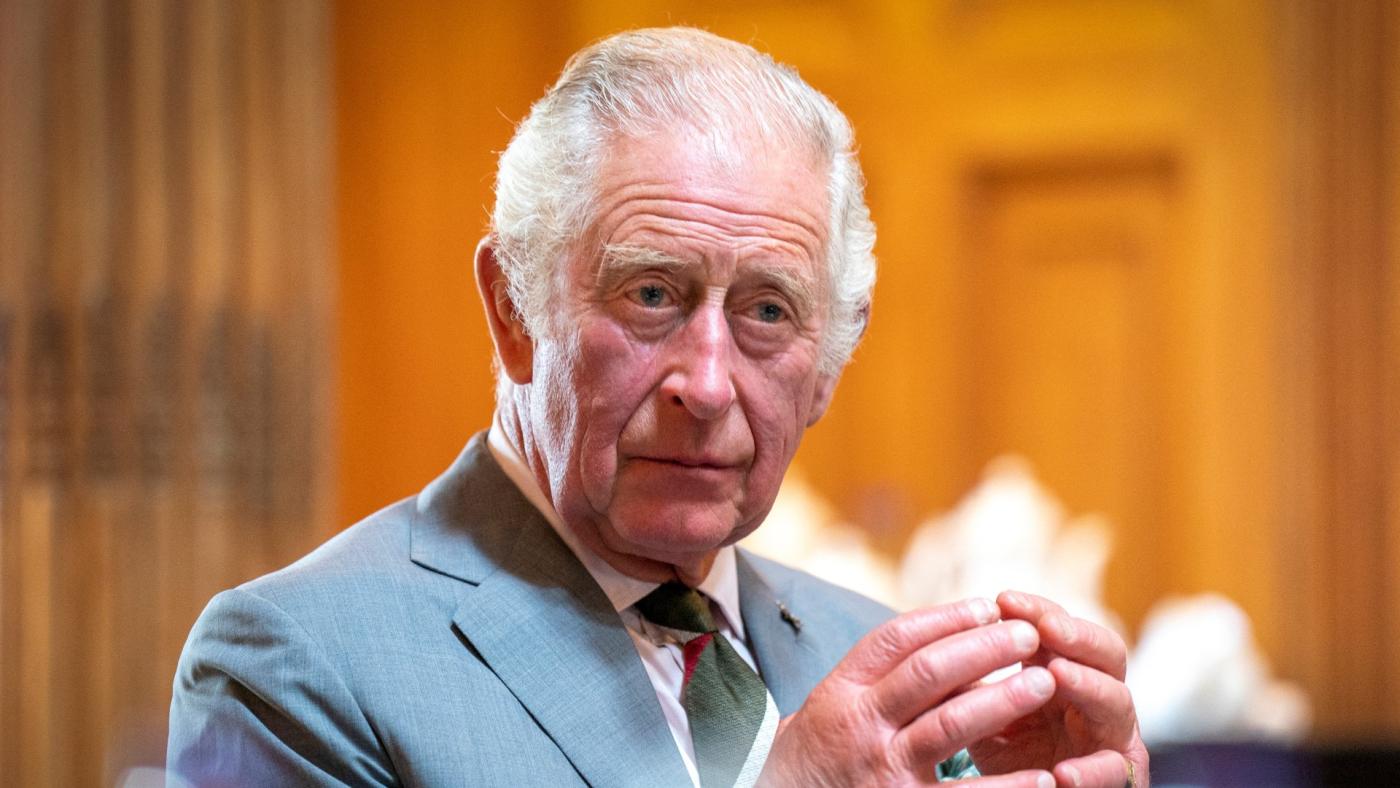April 10, 2014
Every month a new batch of British Muslims leaves the country to risk their lives in Syria’s brutal civil war that after three years of bitter conflict that has now claimed an estimated 150,000 lives.
Figures recently compiled by MI5, Britain’s domestic intelligence service, indicate that at least 500 British Muslims have travelled to Syria as jihadis, where they have met up with radical Islamist groups such as the al-Qaeda-affiliated Nusra Front or the Islamic State of Iraq and the Levant (ISIL), which seeks to create a hardline Islamic state in “liberated” areas of Syria and Iraq. But, so far as our national security is concerned, the real problem centres on the hard core of British jihadis – those who return to Britain as hardened fighters fully versed in the latest terrorism techniques.
The danger posed by them was highlighted this week by Theresa May, the Home Secretary, when she published her annual report on the Government’s strategy for countering terrorism. “The growing threat from terrorist groups in Syria,” she said, had been the most significant development in the fight against terrorism in the past year.
Mrs May’s remarks neatly summarised the conclusions reached by the Joint Terrorism Analysis Centre (JTAC), whose latest assessment says that the threat to the UK from returning jihadis is equal, if not greater, to the long-standing threat posed by al-Qaeda terrorists based in the lawless tribal areas on the Afghan-Pakistan border.
Apart from its closer geographical proximity, British jihadis have been drawn to Syria because, once they have entered the country, it becomes far harder for Western security agencies to disrupt their activities. In Afghanistan and Pakistan, constant surveillance by drones and other monitoring devices means al-Qaeda activists such as Ayman al-Zawahiri, the organisation’s leader, are limited in their ability to travel and to communicate with the outside world. In Syria, however, such constraints do not apply. The country’s Russian-made anti-aircraft missile systems mean that drones are unable to monitor or disrupt the activities of Islamist terror cells so that, so long as they are able to survive the conflict, they are free to travel and act with impunity.
But while it may be harder to track the jihadis when they vanish into the Syrian cauldron, that does not mean the authorities are not waiting for them when they emerge. At least a dozen of the 250 or so British jihadis who have returned home so far have been detained on terrorism-related charges, while others have been relieved of their passports to stop them joining overseas terror groups.
The Telegraph: http://www.telegraph.co.uk/news/worldnews/middleeast/syria/10757598/Syria-is-now-the-gravest-terrorist-threat-to-Britain.html






